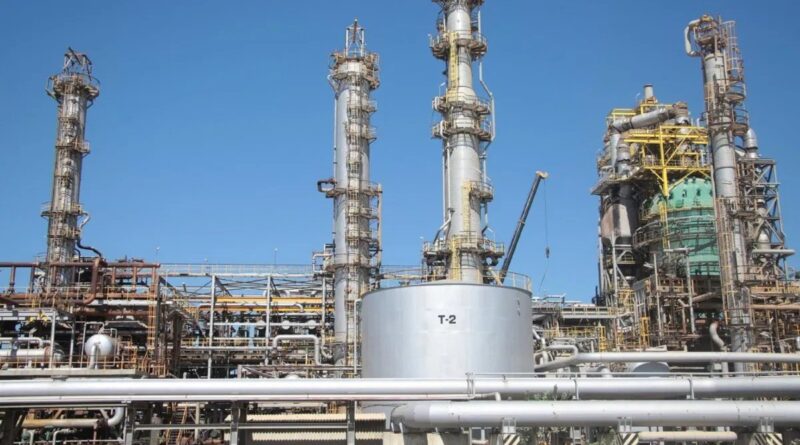
(Argus, 26.Aug.2020) — An estimated 25,000 bl of oil spilled along western Venezuela’s coastline in recent weeks came from faulty heat exchangers at state-owned PdV’s El Palito refinery, three officials at the plant told Argus.
Heat exchanger systems that use seawater as coolant for crude processing units were contaminated with oil when PdV operators attempted to increase fuel production, according to a refinery manager and two repair crew supervisors.
“The seawater discharged back into the Triste gulf by the heat exchanger systems are the source of the spills,” the manager said. “We’re doing everything possible to correct the problem.”
PdV, which has not commented officially on the spills, has been trying for months to replenish the country’s depleted gasoline supplies by repairing its 140,000 b/d El Palito and 305,000 b/d Cardon refineries. Despite some technical support from Iran and China, fuel production has been limited and intermittent at best.
At least three oil spills since early July have coincided with PdV attempts to boost gasoline and diesel production at El Palito. Higher pressures associated with increasing crude runs through the distillation tower and following through the 61,500 b/d fluid catalytic cracker (FCC) and other units are raising the volume of oil filtering into the heat exchangers through cracks in the systems. PdV crews are trying to patch up the cracks as they are detected, the supervisors said.
Operators managed to raise gasoline output to about 16,000 b/d in July but every attempt to raise output further has opened more leaks that in turn force PdV to suspend operations pending more repairs.
Currently El Palito is not producing any gasoline or diesel as the heat exchangers are repaired and cleaned, the manager said.
Nearly all of PdV’s 1.3mn b/d refining system in Venezuela is out of service, and the company has been mostly locked out of the international market because of credit constraints and US sanctions.
The acute fuel shortage, briefly alleviated by Iranian shipments in late May and early June, has worsened again, bringing informal market prices to as much as $4/l. Diesel is easier to find thanks to a sanctions exception on humanitarian grounds, but the US is working to cut off that supply as well by the end of October.
__________

